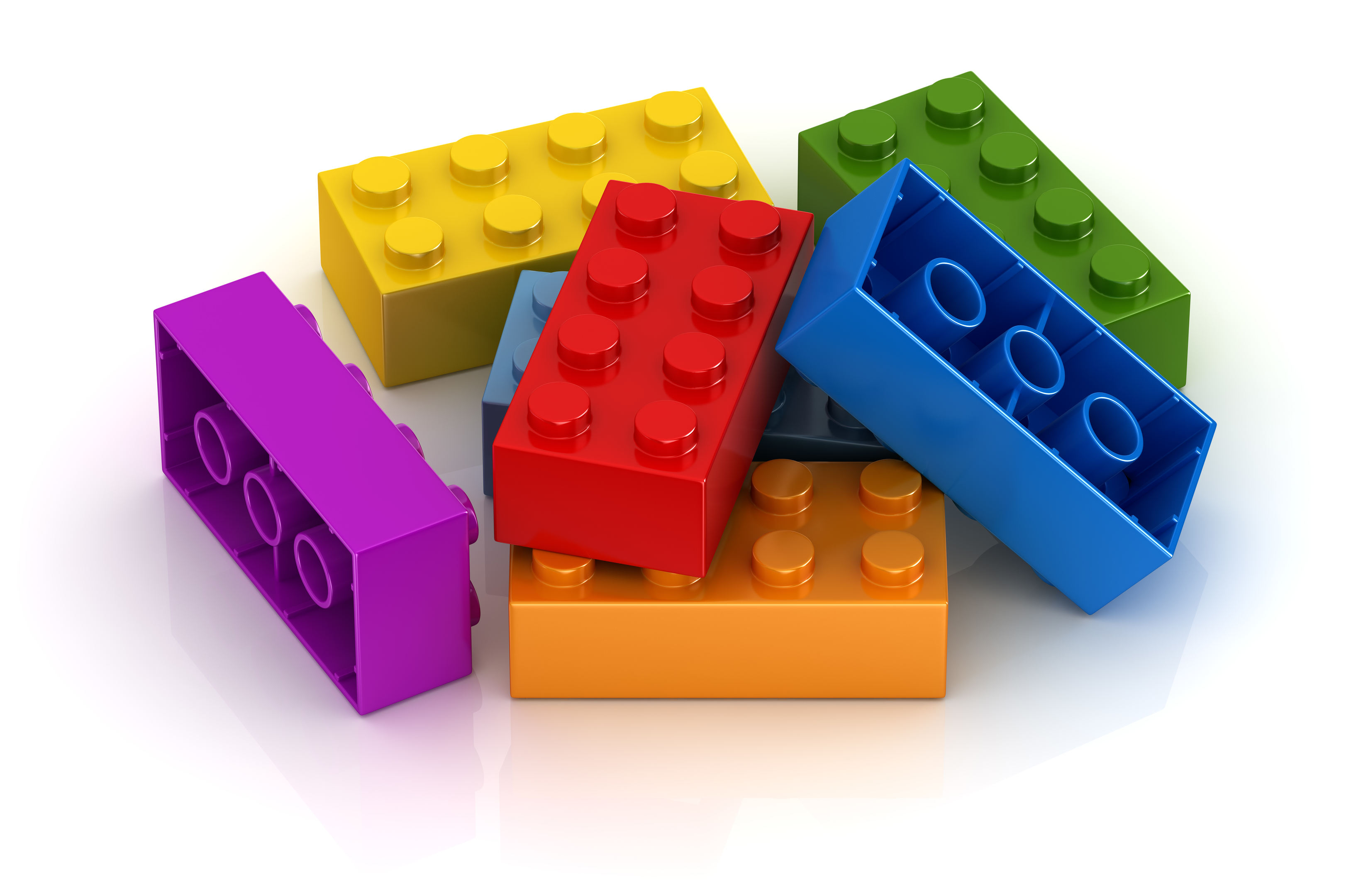
EXPERTS are looking to play therapy using Lego to help children with autism develop their social skills.
A new study at the University of York will use Lego in small groups to help children with autism refine interaction skills and express themselves through play.
Lego-based therapies were developed in America but are now used around the world as a recognised practice.
It’s estimated that about one in every 100 people in the UK has autism, and currently, more boys are diagnosed with the condition than girls are.
Professor Barry Wright, from York’s Department of Health Sciences, and director of its new child mental health centre, said: “Previous pilot work has shown that many children with autism spectrum disorders (ASD), both boys and girls, engage with Lego.
“They enjoy the sensory aspects of Lego and also the geometric patterns and the engineering involved in building models.
“They also like the process of construction. Research shows that children with ASD are not asocial — they do not wish to completely avoid social interaction.
“Children with ASD are ‘differently’ social, preferring to engage socially with others in much smaller groups than neurotypically developing children, and it’s usually based around common interests.
“They are much more likely to engage in interactions and conversations that are factually, practically or technologically-based, rather than conversations about feelings or social relationships.
“Lego-based therapy can help children with ASD develop co-operative and interactive skills around mutually-enjoyable play.”
The Lego study is being funded by the National Institute for Health Research (NIHR).
Another study at the centre, funded by the Medical Research Council, will specifically look at the ways deaf children are being diagnosed with autism.

Enjoy the convenience of having The Sunday Post delivered as a digital ePaper straight to your smartphone, tablet or computer.
Subscribe for only £5.49 a month and enjoy all the benefits of the printed paper as a digital replica.
Subscribe